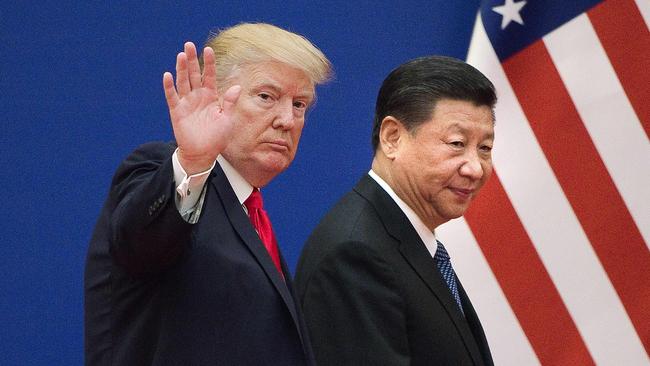
Xiao will be at the Adelaide Zoo to farewell giant pandas Wang Wang and Fu Ni, who have been in Australia for 15 years, to be replaced later in the year by two younger pandas from China. The Chinese Embassy is describing the event as “another highlight for people-to-people exchanges between the two countries”.
The event comes as both Australia and China brace themselves for a Trump 2.0 presidency, with the president-elect vowing to impose tariffs of 10 to 20 per cent on goods from overseas and a massive 60 per cent on imports from China.
Given Trump’s overwhelming mandate, and his aggressive comments about China – including launching a trade war with the world’s second-largest economy during his first presidency, Australia now risks being caught between two elephants. As the saying goes, when elephants dance the grass gets trampled.
Under a Trump presidency, the relationship between the US, Australia’s key security partner, and China, by far our largest trading partner (with two-way trade worth more than $330bn), will be more like fighting than dancing.
The concern is that Australia, which has a huge exposure to the Chinese economy, could become collateral damage in a new US-China trade war and political tensions over China’s role in the region. This is despite the improvement in relations since the election of the Albanese government in May 2022, which Ambassador Xiao has played a key role in overseeing on the Chinese side.
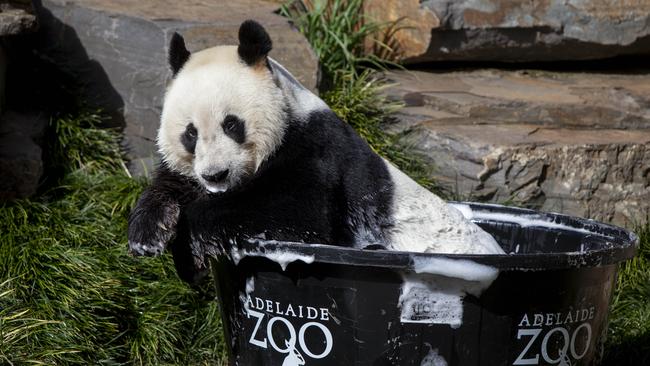
Australian business and policy leaders, including RBA Governor Michele Bullock, Wesfarmers chair Michael Chaney and NAB CEO Andrew Irvine, were quick to express their concern about the potentially negative impact of Trump’s proposed tariffs regime, particularly his threat of 60 per cent tariffs on goods from China.
Like many of their counterparts globally, they are worried that Trump’s tariffs and other trade sanctions could depress the Chinese economy, holding down global economic growth while potentially adding to inflation.
US-based China watcher Bill Bishop, author of the newsletter Sinocism, has predicted that the world will see “a more volatile and tense relationship (between China and the US), at least in the near term”. He points out that if Trump also wins control of the House and the Senate he will have much greater power in taking on China than he did in his last term from 2017 to 2021.
Trump has indicated that he plans to move quickly on his election promises once he moves back into the White House.
A key player in the coming US-China trade war will be former US Trade Representative Robert Lighthizer, who is expected to be reappointed to the role after serving from 2017 to 2021, when was at the forefront of the trade war with China.
While Australia, as an exporter of raw materials including iron ore, LNG, coal, minerals and food, has benefited from an open global trading regime, Lighthizer argues that free trade, particularly with China, has harmed the US economy, sending millions of jobs offshore. In a recent article in the Financial Times, he blamed free trade for losing “millions of jobs, many of them high-paying manufacturing ones” over the past three decades, destroying communities across America. He argued that free trade had hit workers the hardest, fostering a growth in income and wealth inequality in the US and spurring a transfer of wealth from the US to countries like China.
For its part, Beijing has reacted with an olive branch. Its Foreign Ministry said China respected “the choice of the American people and congratulated Mr Trump on being elected as president”.
President Xi Jinping, who had to deal with the trade wars of Trump 1.0, urged the two countries “to find the right way to get along in the new era”. He called for the countries to “strengthen dialogue and communication, properly manage differences, and expand mutually beneficial co-operation,” stressing the need for a “peaceful coexistence”.
It is a conciliatory start, but China could be expected to react strongly to any new measures targeting its interests.
There are those who predict Trump will not be as aggressive in implementing his proposed policies once he becomes president.
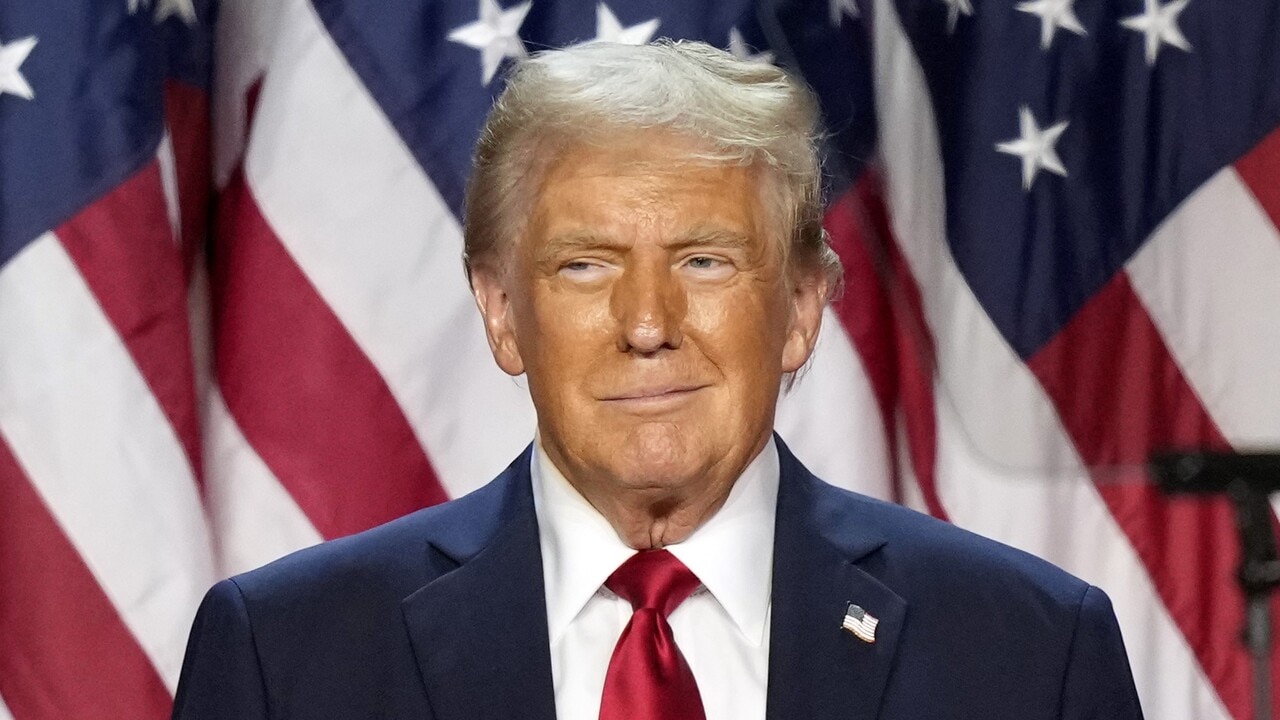
Bishop says it is hard to predict what Trump 2.0 will mean for US-China relations in practice.
Analysts at ANZ say Trump is more likely to lift tariffs on goods from China from the current 13 per cent to 22 per cent next year, not 60 per cent as threatened. But others believe Trump will quickly implement his election promises.
Australia’s exports to China stand to be hit by a further slowing of the Chinese economy, which will not only affect miners and energy companies such as BHP, Rio, Fortescue and Woodside, but spill over into lower budget revenues.
Australia will have little control over a US-China trade war or a relationship meltdown. It can only sit by and watch.
But there are opportunities for an improvement in the relationship between Australia and China under a Trump presidency.
In recent years China has dropped its aggressive “wolf warrior diplomacy stance” towards Australia and the rest of the world, for a more conciliatory working relationship.
This is epitomised in the approach of ambassador Xiao, who was ambassador to Indonesia before being sent to Canberra in January 2022, to mend diplomatic fences ahead of an expected Labor win in the May election.
From the time he arrived he has made it clear he wants to build bridges with Australia.
He has maintained an upbeat approach to the potential for improved ties, even in the face of some not unexpected headwinds.
Indications are China would like to maintain good relations with Australia and other countries, as it cannot afford to be conducting fights on too many fronts as it braces itself for Trump 2.0.
But Australia cannot escape collateral damage if the world’s two largest elephants start fighting. It must sit and watch the new dance of the superpowers set to take place.
Trump 2.0 will challenge the Albanese government to use all its diplomatic skills to avoid finding itself a victim of collateral damage.
With ambassador Xiao on one side and Foreign Minister Penny Wong and Albanese on the other, it is possible that mutual concern about Trump will bring both sides closer together.
With challenging times ahead, a bit of panda diplomacy will be handy.




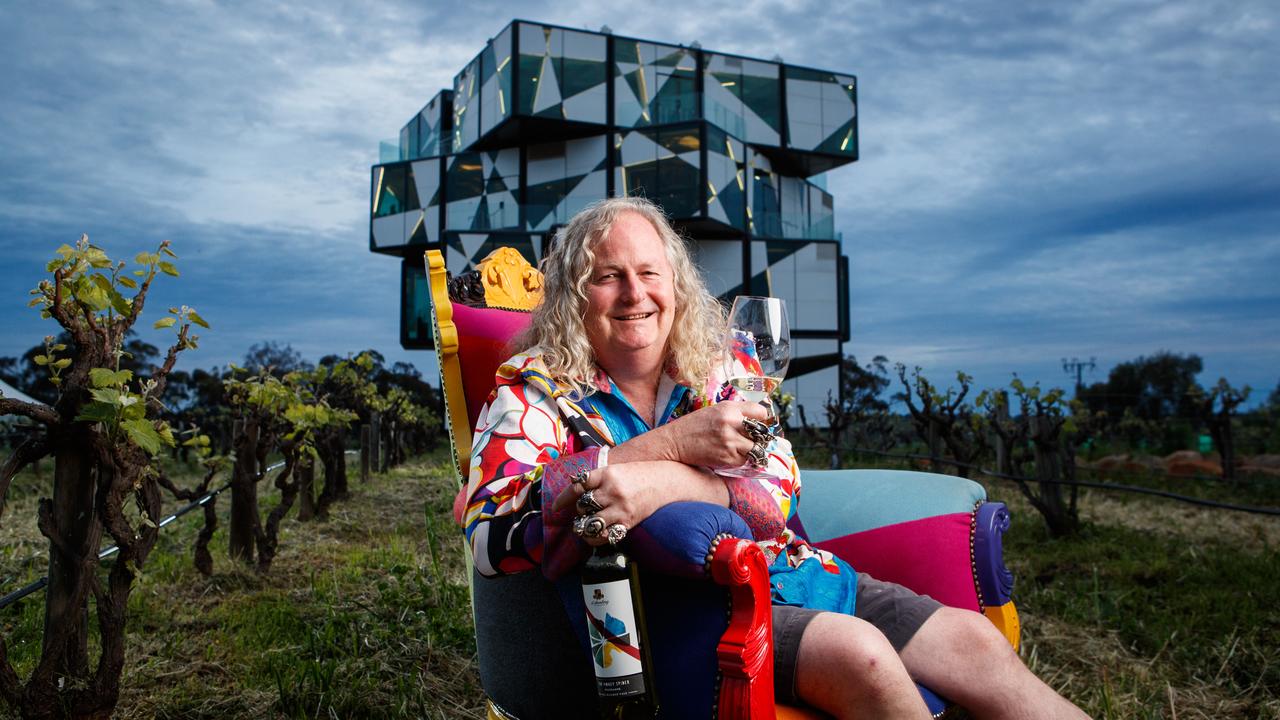
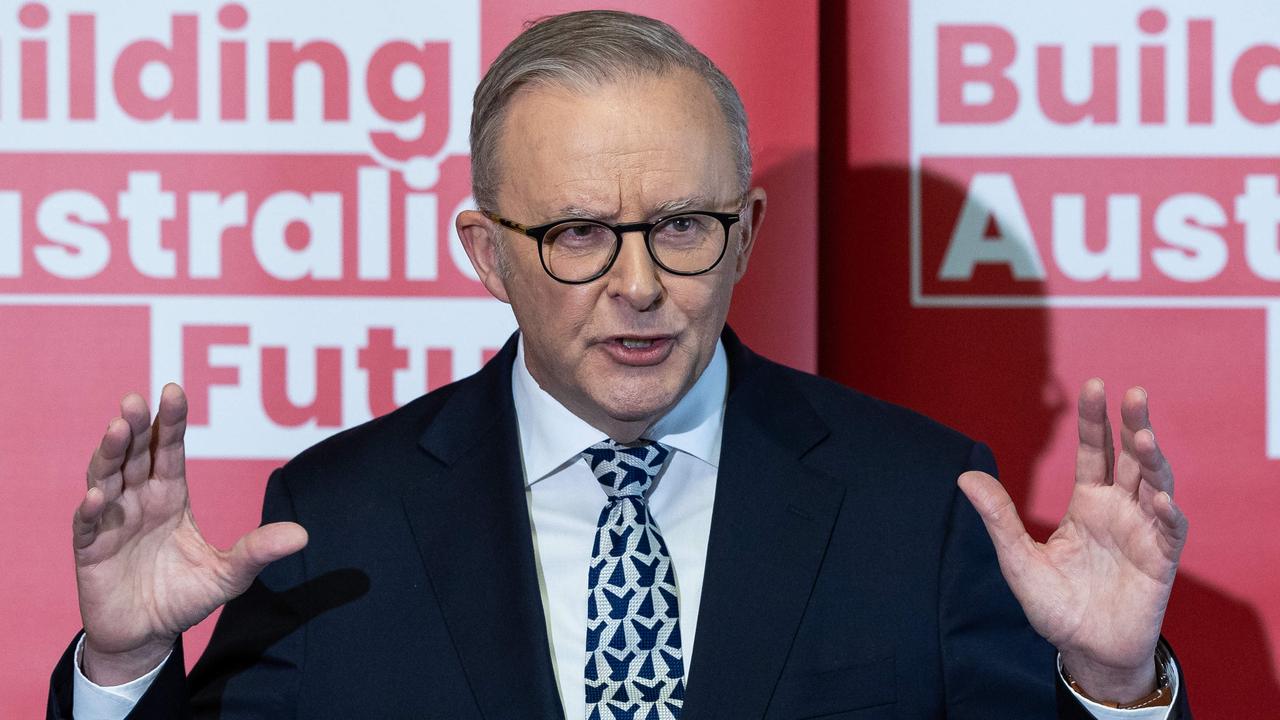
A week after Donald Trump’s landslide win, China’s ambassador to Australia, Xiao Qian, will be in Adelaide on a high-profile exercise in panda diplomacy this week.